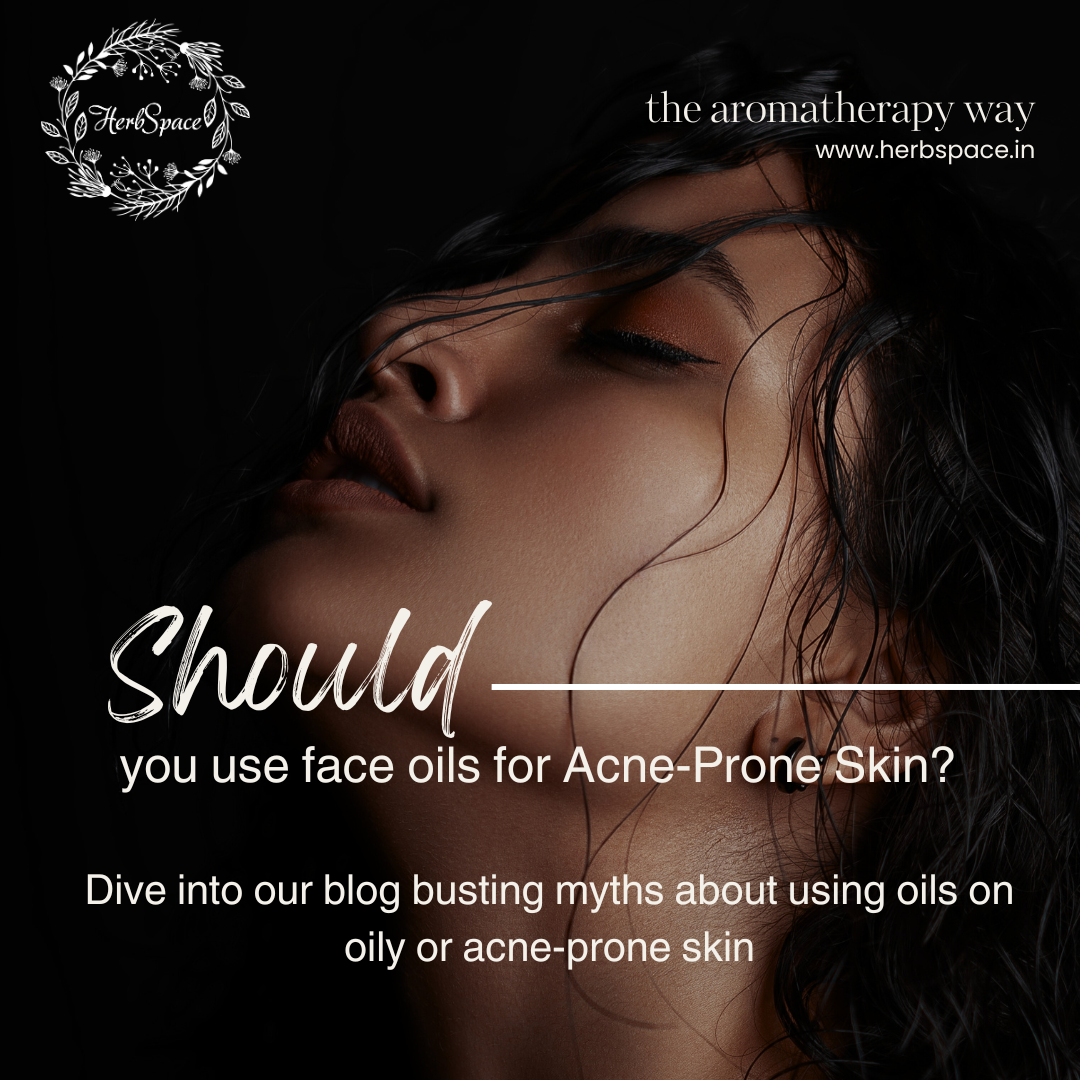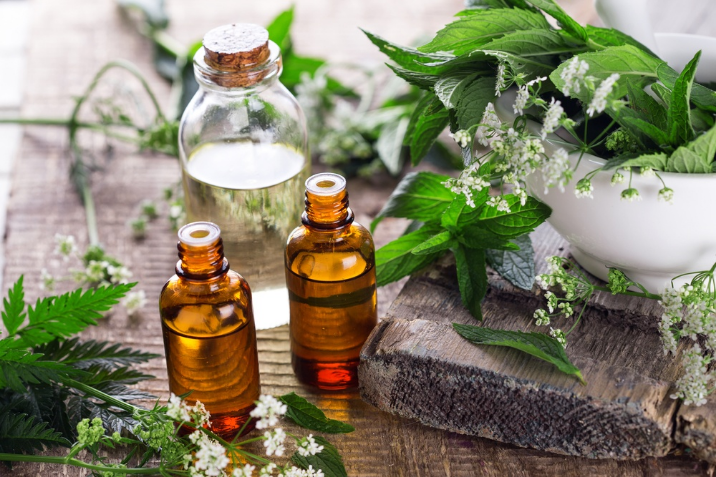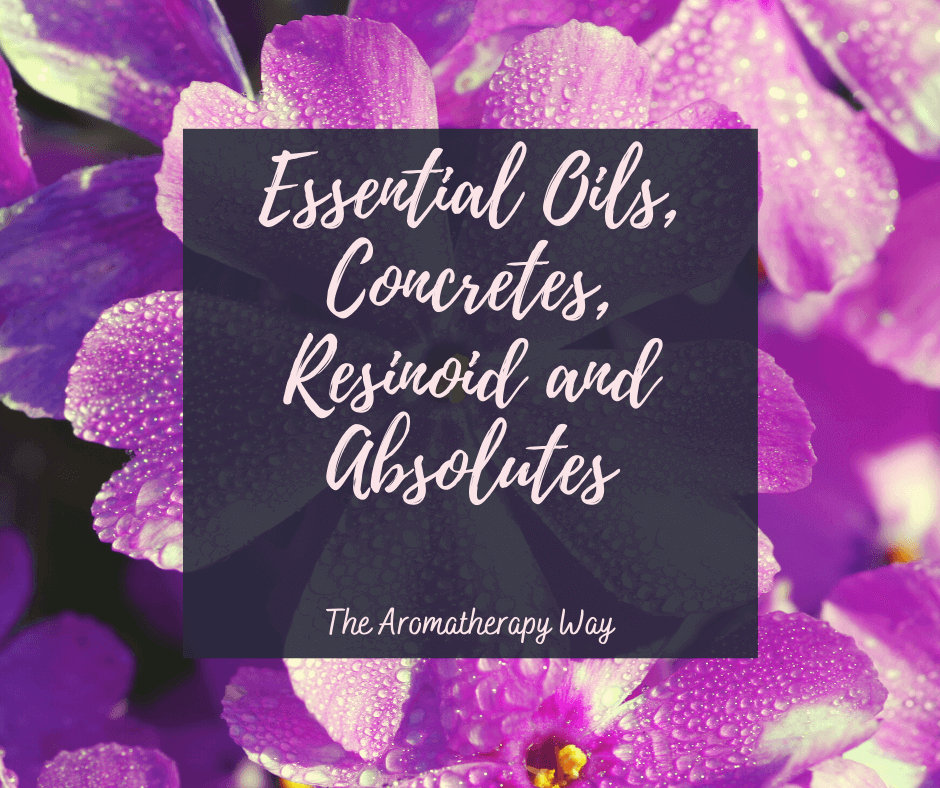
- HerbSpace
- Thu,09 2024
Face Oils for Acne-Prone Skin: Myths vs. Facts
When it comes to skincare, there’s one major myth that continues to circulate, especially for those with acne-prone skin—avoid face oils! In India, where a large portion of the population struggles with oily and acne-prone skin due to a humid climate, this belief is widespread. According to a recent survey, 68% of people believe that face oils exacerbate acne, but the truth is, not all oils are bad for your skin. In fact, certain face oils can actually benefit oily and acne-prone skin.
What are Face Oils?
Face oils are natural oils derived from plants, seeds, or nuts, designed to hydrate, protect, and nourish the skin. Unlike traditional creams, face oils penetrate deeper into the skin, providing more lasting moisture and a healthier glow. They are rich in essential fatty acids, antioxidants, and vitamins that restore the skin’s natural balance, making them effective for various skin types, including oily and acne-prone skin.
However, the key lies in choosing the right oils. The myth that all oils clog pores and cause breakouts is simply untrue. The reality is, non-comedogenic oils—those that don’t block pores—can help regulate sebum production, reduce inflammation, and promote healing. The right oils can actually treat acne, not worsen it.
Busting the Myths About Face Oils for Acne-Prone Skin
Myth 1: Oils Will Make Your Skin Greasier
This is perhaps the most common myth. People with oily or acne-prone skin often avoid oils, fearing it will increase oiliness. However, certain oils actually balance sebum production. When you strip your skin of its natural oils with harsh cleansers, your skin overcompensates by producing more oil, leading to breakouts. Using the right face oils can actually signal your skin to slow down oil production, leaving your skin less greasy over time.
Myth 2: Oils Will Clog Your Pores
Many believe that oils automatically clog pores, but this is only true for heavy, comedogenic oils like coconut oil. Non-comedogenic oils, such as jojoba and rosehip, actually help unclog pores and allow your skin to breathe. These oils are lightweight and mimic the skin’s natural oils, making them a great choice for acne-prone skin.
Myth 3: Oils Can’t Treat Acne
Another misconception is that oils don’t treat acne. Essential oils like tea tree and lavender have powerful antibacterial properties that can treat acne at the source. These oils penetrate the skin and kill acne-causing bacteria, reducing inflammation and preventing future breakouts.
Myth 4: Oils Are Only for Dry Skin
While face oils are known for hydrating dry skin, they are equally beneficial for oily skin. Many face oils contain linoleic acid, which is known to reduce the size of pores and control sebum production. This makes oils a suitable option for those with oily skin, contrary to popular belief.
Benefits of Using Essential Oil-Based Face Oils for Acne-Prone Skin
Now that we’ve busted some myths, let’s dive into the benefits of using essential oil-based face oils for acne-prone skin. The right blend of oils can be a game-changer for your skin, providing hydration without clogging pores, calming inflammation, and promoting healing.
1. Balancing Sebum Production
Essential oils like jojoba oil are excellent at regulating your skin’s natural oil production. Jojoba oil is similar in structure to your skin’s sebum, tricking your skin into producing less oil, which reduces the greasy appearance and prevents future breakouts.
2. Anti-Inflammatory Properties
Essential oils like lavender and tea tree have anti-inflammatory properties that soothe irritated skin and reduce redness caused by acne. These oils can calm angry, inflamed skin, helping to heal acne faster and prevent new pimples from forming.
3. Antibacterial Benefits
Tea tree oil, in particular, is known for its antibacterial properties, making it a powerful treatment for acne. It targets the bacteria that cause acne and kills them without the harsh side effects of chemical treatments like benzoyl peroxide.
4. Heals Scars and Hyperpigmentation
Rosehip oil is packed with vitamins A and C, which help to fade acne scars and reduce hyperpigmentation. It promotes skin regeneration and improves skin texture, leaving your skin looking clearer and smoother over time.
5. Non-Comedogenic and Lightweight
Oils like argan and hemp seed are non-comedogenic, meaning they won’t clog your pores. These oils are lightweight and absorb easily into the skin, providing moisture without leaving a greasy residue.
Essential Oils That Help With Acne
If you’re ready to try face oils for your acne-prone skin, here are a few essential oils that are perfect for managing breakouts and promoting healthy skin:
1. Tea Tree Oil
Tea tree oil is a natural antiseptic and anti-inflammatory, making it ideal for treating acne. It reduces redness, swelling, and the size of pimples. Applying diluted tea tree oil directly to blemishes can help heal acne without irritating your skin.
2. Lavender Oil
Lavender oil is known for its calming properties, both for your mind and skin. It reduces inflammation and redness, making it a great option for treating acne and soothing irritated skin.
3. Rosehip Oil
Rich in vitamins A and C, rosehip oil helps fade acne scars, improve skin texture, and promote cell regeneration. It’s a must-have oil for anyone looking to heal post-acne marks.
4. Jojoba Oil
As mentioned earlier, jojoba oil mimics the skin’s natural sebum and helps balance oil production. It’s lightweight, non-comedogenic, and ideal for acne-prone skin.
5. Argan Oil
Argan oil is packed with antioxidants and is non-comedogenic, making it perfect for nourishing your skin without clogging pores. It helps balance moisture levels and can reduce the appearance of acne scars.
Conclusion
Acne-prone skin doesn’t have to fear face oils! The right essential oil-based face oils can actually improve skin health, control oil production, and treat acne effectively. Now that you know the facts, it’s time to ditch the myths and give face oils a try.
Ready to experience clearer, healthier skin? Explore our collection of acne-friendly face oils and see the difference for yourself!
Featured
-

Add a few drops of your favorite essential oil into your Shampoo or face wash and enjoy the benefits of aromatherapy” Easy peachy right? Well, not really!!! Before you roll your eyes and go “What are you talking
Read More... -

Add a few drops of your favorite essential oil into your Shampoo or face wash and enjoy the benefits of aromatherapy” Easy peasy right? Well, not really!!! Before you roll your eyes and go “What are you talking
Read More... -

In this blog series, we will learn all the important aspects related to essential oils. Let's start with what essential oil, concrete, resinoid, and absolute
Read More... -

Over the past few years, the market for essential oils has significantly grown. And, they are going to be the next big thing in the future. Essential oils undoubtedly have some unbeatable therapeutic properties that
Read More...